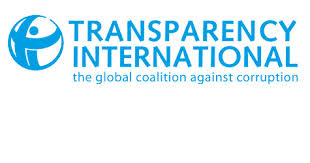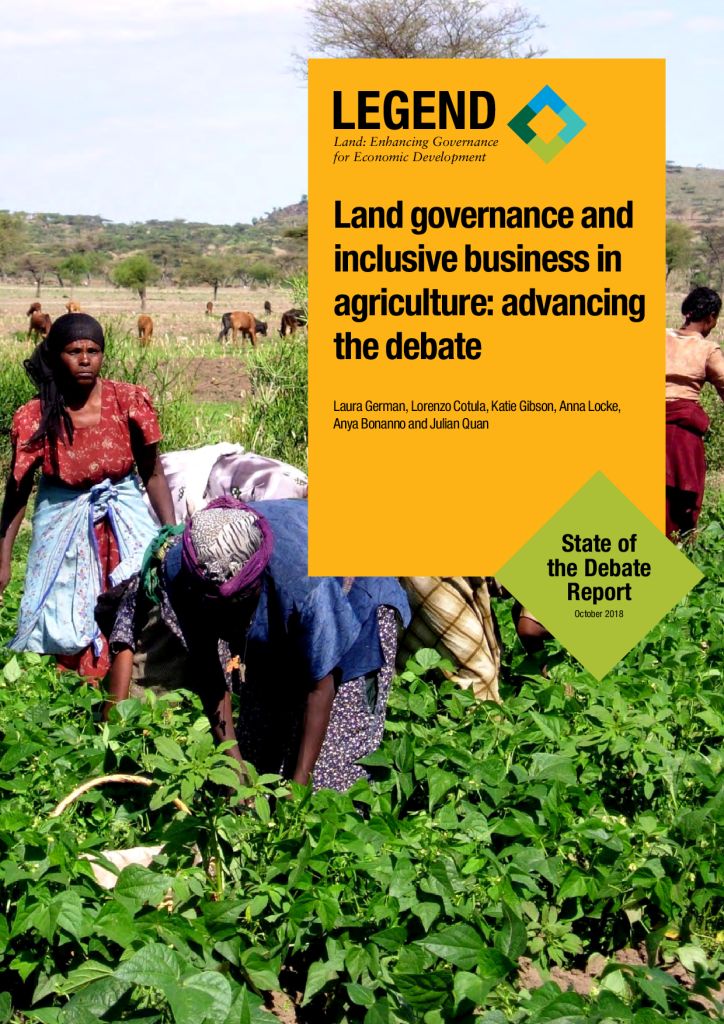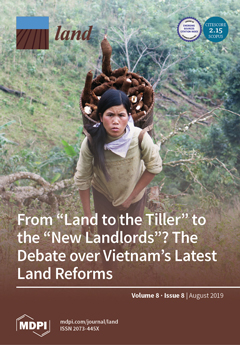Política de Equidad de Género en el Sector de la Gestión Ambiental y su Plan de Acción 2003-2008.
El presente documento establece la Política de Equidad de Género en el Sector de la Gestión Ambiental y su Plan de Acción, que tienen alcance nacional y se refieren al período 2003-2008. La política tiene por objetivo principal propiciar dentro del Ministerio de Ambiente y Recursos Naturales (MARN) la equidad de género en todas las políticas, programas, proyectos y planes de acción que se emitan. Entre los objetivos específicos, cabe destacar el de impulsar una eficaz política ambiental que propicie y fomente oportunidades, con base en los derechos humanos.






